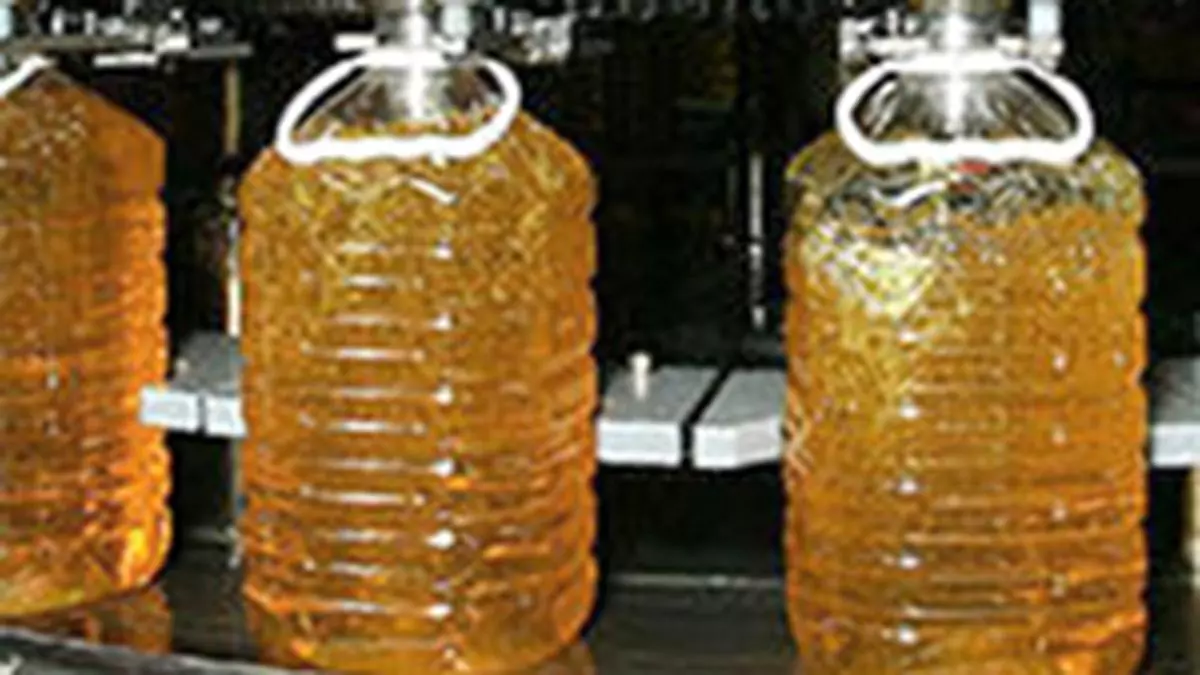Soaps, cosmetics, edible oils to get costlier after hike in import duty on palm oil
The recent hikes in import duties on crude and refined edible oils by the Indian government will push up the prices of some fast moving consumer products such as soaps, personal care products, and snacks, as well as edible oils.
Companies such as Hindustan Unilever, Britannia, and Nestle will have to raise prices by 1.6-2.5 per cent and edible oils companies by 20 per cent to protect their margins, analysts said.
Last Friday the central government notified the increase in rates to curb imports and boost farmer incomes. The import duty on crude soyabean, palm and sunflower oils has been raised to 27.5 per cent from 5.5 per cent. The import duty on refined soyabean, palm and sunflower oils was also raised to 37.5 per cent from 13.75 per cent. This was done to protect farmers from lower oilseed prices, which are lower than the minimum support price.
This will directly impact makers of soaps and personal care products who use a derivative of crude palm oil, as also makers of snacks and biscuits using refined palm oil and speciality fats.
“Edible oils, especially palm oil, are key raw material for many FMCG companies and are used extensively in personal care products like soaps and cosmetics as well as food products like biscuits and snacking,” said Gaurav Arora, Fund Manager at Equirus.
“The recent duty hikes would lead to higher prices of palm oil and its derivatives,” he said, adding that oil as a percentage of raw material for companies could range from low double digit to early- to mid-20s and even higher for soaps.
The duty will result in price hikes, affirmed BV Mehta, Executive Director of Solvent Extractors Association of India, adding that the hike will depend on how much of the duty hikes the companies can handle. “You should look from farmers angle, not from consumers point of view”.
Impact on soap makers
HUL, which buys most of its palm fatty acid distillate (PFAD) requirements domestically, could be forced to raise soap prices by 1.6 per cent to maintain EBITDA margins, said Nomura in a note. The palm oil derivative PFAD accounts for 12-13 per cent of its raw material cost.
The hike will not impact Godrej Consumer, which imports PFAD directly. The hike in duties will not affect those importing the derivative directly.
In the case of packaged foods companies that use refined oil, the increase in tax will likely affect biscuit maker Britannia. Nomura said the company will have to raise prices by 2.5 per cent to maintain margins, as refined palm oil accounts for 18 per cent of its raw material. For Nestle, refined palm oil is 11 per cent of its raw material costs and it will have to raise prices by 1.5 per cent.
“Snacking companies will be impacted sharply, in our view, as their RPO [refined palm oil] consumption is much higher, and thus we expect them to experience sharp price increases,” Nomura said.
Edible oil prices
Edible oil companies may need to effect large price increases as well, to defend their margins in the medium term, said Arora.
He observed that while some companies would have hedged their requirements for the near term, there could be a transient impact on margins for a quarter or so, “after which companies may pass on the price increases to consumers. So, we may see some compression from the peak margins that most companies are operating at, but the impact should be manageable”.
Meanwhile the Ministry of Consumer Affairs, Food and Public Distribution advised edible oil associations to maintain the MRP on oils until the stocks that were imported at lower duties were available.
